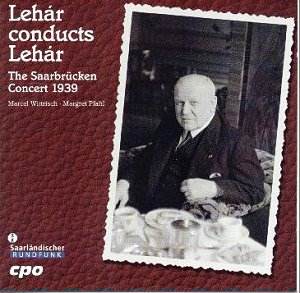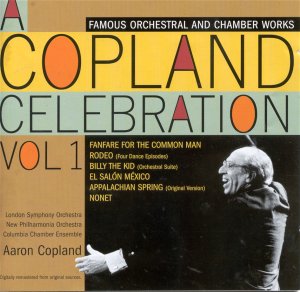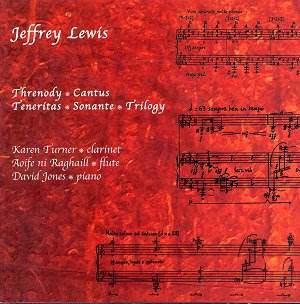 Composer: Franz Lehár
Composer: Franz Lehár
Works: Overture: Zigeunerliebe, Wolgalied from Der Zarewitsch, Bin verliebt, bin so verliebt from Schön ist die Welt, Hab’ ein blaues Himmelbelt from Frasquita, Ballet music Suite de danse, All mein Fühlen, all mein Sehnen from Friederike, Overture: Land des Lächelns, Liebe, du Himmel auf Erden from Paganini, Meine Lippen, sie küssen so heiß from Giuditta, O Mädchen, mein Mädchen from Friederike, Lippen schweigen, ’s flüstern Geigen from Die lustige Witwe
Performers: Margret Pfahl (soprano), Marcel Wittrisch (tenor), Orchester des Reichssenders Saarbrücken, Conducted by Franz Lehár
Recording: Live concert recording from 28th June 1939, digitally remastered
Label: CPO
Franz Lehár, a luminary of the operetta genre, occupies a unique place in the pantheon of early 20th-century music, where he deftly blended the charm of popular melodies with the sophistication of classical forms. This concert, conducted by Lehár himself shortly before the outbreak of World War II, offers a rare glimpse into the composer’s interpretative intentions and stylistic nuances. The performance, preserved in a Berlin bunker during the war, showcases a selection of his most beloved works, reflecting both the exuberance of the genre and the historical context of its time.
The recording opens with the overture to Zigeunerliebe, a piece that encapsulates Lehár’s flair for lush orchestration and compelling thematic development. The conductor’s use of rubato and portamento is particularly noteworthy, allowing the music to breathe with an expressive quality that resonates deeply with the listener. The overture’s sweeping melodies and vibrant orchestral colors are executed with a dynamic vigor that highlights Lehár’s masterful orchestration techniques. Similarly, the overture to The Land of Smiles reveals a delightful interplay between its eastern motifs and romantic lyricism, with the main theme, “You are my heart’s delight,” soaring in a manner that is both tender and effervescent.
Marcel Wittrisch, stepping in for the iconic Richard Tauber, channels the tenor’s stylistic legacy with remarkable fidelity, though his voice lacks the same level of refinement. His performance captures Tauber’s characteristic flourishes, such as the delicate falsetto and prolonged fermatas, particularly evident in his rendition of “O Mädchen, mein Mädchen.” While Wittrisch’s technique may not always match Tauber’s, his emotional delivery compensates, infusing the aria with a heartfelt earnestness that engages the audience. Margret Pfahl complements him as a lyrically robust soprano, her youthful timbre juxtaposed against the maturity of her interpretations. While her performance in the aria from Giuditta could benefit from a touch more sultriness, her portrayal in the duet from Die lustige Witwe is vibrant and cohesive, underscoring the chemistry between the two singers.
The audio quality of this remastered recording is commendable, especially given its historical provenance. The digital refurbishment has preserved the clarity of both voices and orchestra, allowing the intricate textures of Lehár’s orchestration to shine through with minimal distortion. The balance between the soloists and the orchestra is thoughtfully managed, ensuring that neither overwhelms the other—an essential consideration in operatic performance.
Comparatively, this recording stands as a significant document not just of Lehár’s music but also of the operatic landscape in the lead-up to World War II. The spirit of the time is palpable, with the concert’s broadcast across multiple nations serving as a reminder of the unifying power of music in turbulent times. While there are more polished recordings of Lehár’s operettas, this performance’s authenticity and the conductor’s direct engagement with his work lend it a charm that is irreplaceable.
The Saarbrücken concert is an exquisite and evocative representation of Lehár’s musical genius, offering both operetta aficionados and newcomers an invaluable listening experience. The combination of historical significance, emotional depth, and technical execution makes this album an essential addition to any classical music collection.



